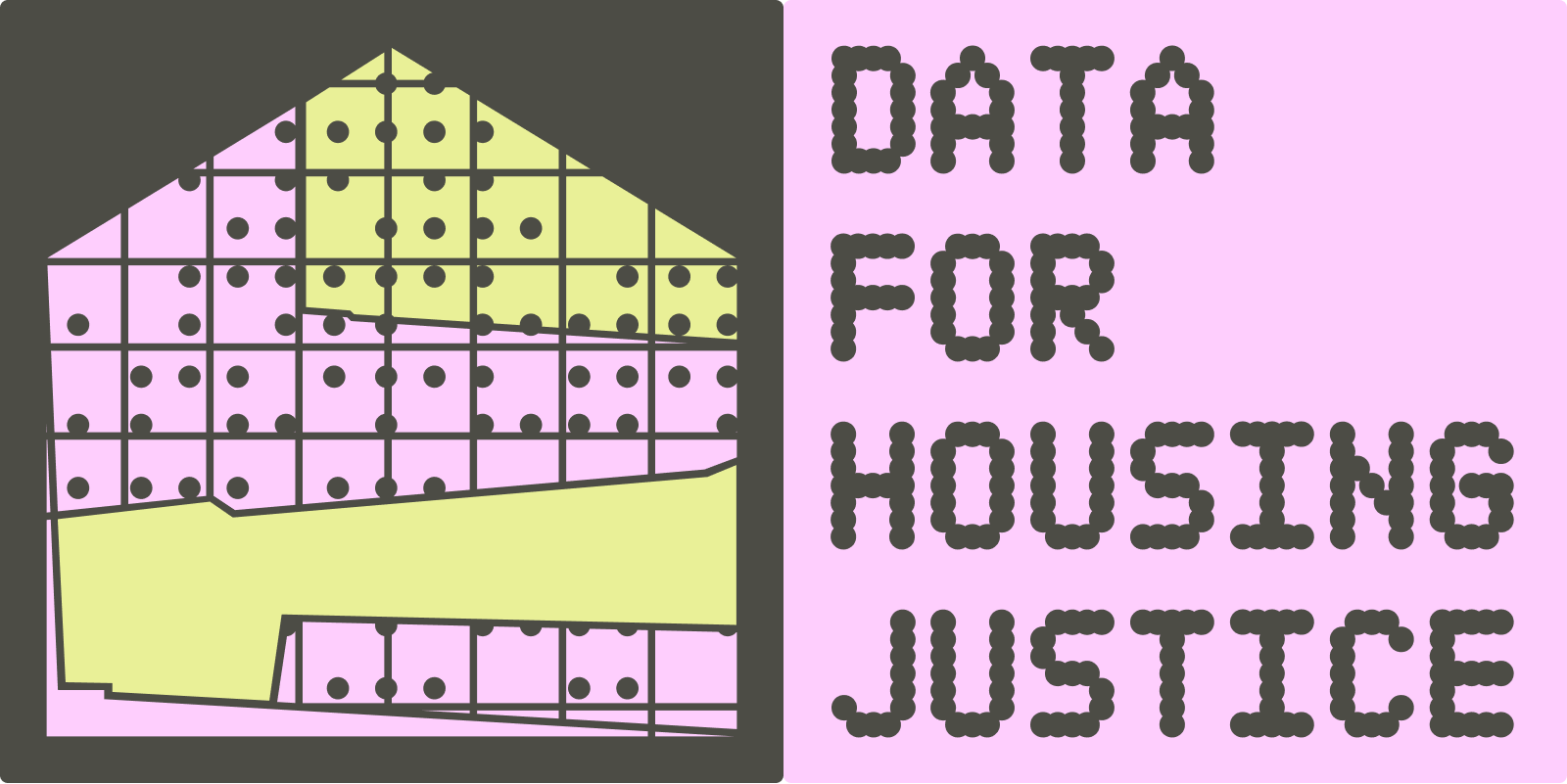Why better information matters
In phase 1 of the project we found out that organisers face significant challenges due to poor information access. These are some of the headlines:
- Organisers often don’t know who else is working on similar issues, or what’s been done before, because this information isn’t captured or shared in accessible ways.
- Organisers struggle to access information that could help them hold power holders to account.
- Organisers who are working at a local level don’t always have information about who might need support to access safe and secure housing, and what kind of support they could use. This can be because data is not collected and shared about who lives in an area, or what their housing conditions are like.
- Even when data exists, it’s not always usable. Some datasets require payment (like the Land Registry), while others demand technical skills or time that organisers don’t have.
- It can be hard to piece together information that sits across different places or is presented in different ways. In particular, this prevents organisers from building a bigger picture of some of the injustices in the housing system. Organisers described how they themselves have lots of information in their heads, but don’t have the infrastructure in place to systematically capture information.
- There isn’t a place that brings together information and data about housing injustices and conditions, for organisers to draw on for campaigning purposes.
Read more about Phase 1 of the project here.
What we’re working on
From 2025 to 2026, we’re working in collaboration with housing justice groups, tenants’ unions, grassroots organisers, and campaigners across the UK. Our aim is to co-create practical and participatory approaches to using data – approaches that support organising and strengthen movements.
This phase of the project builds on what we learned in Phase 1 and is grounded in collective exploration, hands-on testing, and tool-building that reflects the realities of organising.
Together, we’ll prioritise:
- Building confidence and skills in using data
- Supporting organisers to shape and define their own inquiries
- Creating resources and outputs that are practical and reusable
- Holding the balance between learning and doing
Central themes
- Ownership transparency – equipping organisers with better information about land and property ownership and the skills to use that data.
- Data governance and privacy– identifying opportunities and overcoming barriers related to GDPR governance, and sharing this knowledge through accessible resources.
- Understanding patterns of rent extraction – what are the various mechanisms of rent extraction, how can we shine a light on the hidden flows of money and profit in the housing sector. Especially in relation to social rents and service charges, viability assessments, and hidden forms of rent extraction (like private landlords profiting from temporary accommodation).
- Resourcing housing campaigns – facilitating access to existing knowledge and enabling organisers to build compelling evidence bases efficiently and effectively.
Resources
If you want to hear more about the project or have ideas for collaborating get in touch with janna@sharedassets.org.uk



